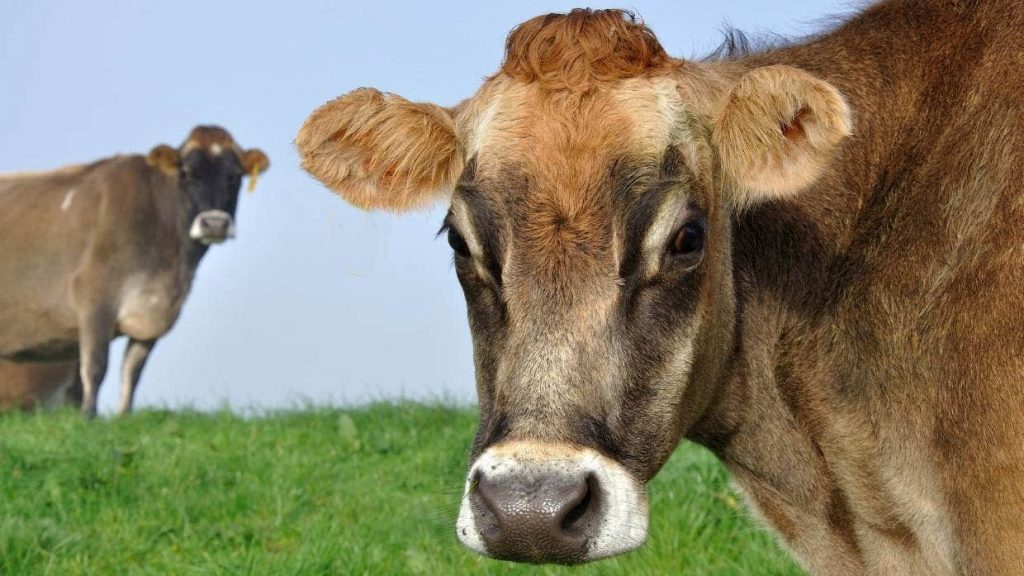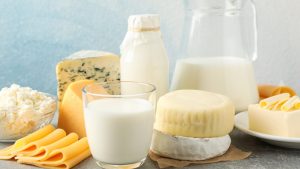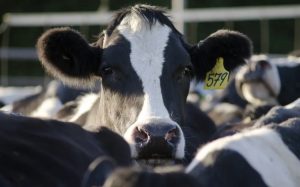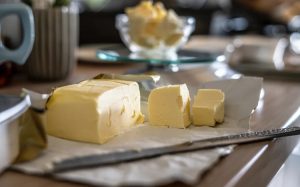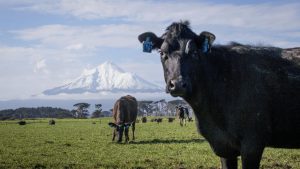
The price of whole milk powder, which has the most impact on farmgate milk prices, gained for a second global auction, a welcome relief for many dairy farmers who will be struggling to break even this season.
The average price for whole milk powder rose 4.6% to US$2799 (NZ$4620) a tonne at the Global Dairy Trade auction overnight, following a 5.3% gain at the previous fortnightly auction.
The overall GDT price index gained 4.6%, with anhydrous milk fat up 5.3%, butter up 3.8% and skim milk powder up 5.4%. Cheddar slipped 1.7%.
Global dairy prices have fallen sharply this season amid lacklustre demand from China, the world’s biggest dairy importer and Fonterra’s largest market for whole milk powder. Whole milk powder prices slumped 18% in August and are sitting 25% below the same time last year.
“These last couple of results are welcome,” said Westpac senior agri economist Nathan Penny. “It makes it two decent auctions in a row so we’ll definitely take it.”
Still, Penny said he remained cautious as farmers headed into their peak milk production period.
“It’s very early days in terms of have prices turned the corner or not,” he said. “I’m still pretty cautious around the outlook.”
Penny said he would want to see further price lifts over October and maybe into November to get confidence that dairy markets were through the downturn and out of the woods.

The two key factors influencing prices were Spring milk production and demand from China, he said.
Fonterra has forecast a 1.1% decline in its New Zealand milk collection this season to 1465 million kilograms of milk solids. The season started in June and production typically ramps up quickly and peaks in late October.
Wet and cold weather dented Spring production last season, although an improvement late in the season saw Fonterra’s overall milk collection lift 0.2%.
“If we get normal weather, there’s potential for better production this Spring,” Penny said.
Still, he noted weaker milk prices this season were putting farmers under pressure and may see them pull back on buying extra feed which would constrain production.
“It’s a little bit hard to see how that will play out,” he said. “It could go either way over Spring and over the season as a whole. It’s still very early in the season.”
As for Chinese demand, Penny said there hadn’t been any material changes.
“We’re still waiting for the Chinese economy to improve and for households to regain their mojo for that to drive prices higher,” he said.
Penny said the recent gains in the global dairy market auctions may have been driven by low prices generating some demand.
“It’s welcomed, but not necessarily a signal that things are going to kick on from here,” he said. “What we need to see for that to happen is for demand to actually improve itself, rather than be generated by low prices.”
Penny expects Fonterra to pay farmers $6.75 per kgMS for this season.
That’s in line with the midpoint of Fonterra’s own forecast, which spans a range of $6 to $7.50 per kgMS.
Dairy NZ has calculated an average breakeven milk price of $7.51 per kgMS for this season, which means many dairy farms will be unprofitable.
Fonterra is expected to finalise its farmgate milk price payment for last season when it releases its annual result on Thursday. The co-operative forecast a payment of $8.10 to $8.30 per kgMS, with a midpoint of $8.20 per kgMS.
